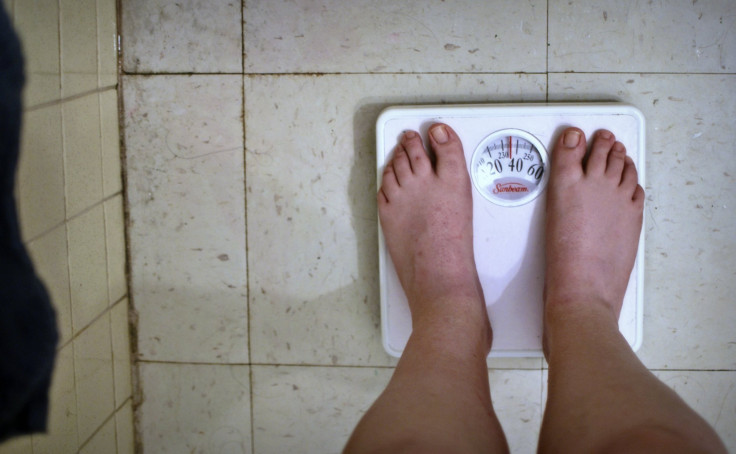74-Year-Old Diabetes Patient On Losing 50 Pounds Due To Ozempic: 'You Cannot Just Eat What You Want'

Ozempic remains the most popular weight loss solution ever since many Hollywood celebrities credited it for their body transformations earlier this year. One patient recently shared her story of how she lost 50 pounds on the diabetes drug.
Almost 30 years ago, Beverly Haettich of North Olmsted was diagnosed with type 2 diabetes at 45 years old. She weighed 221 pounds back then.
Today, the 74-year-old diabetes patient weighs 174 pounds, and she credits the almost 50-pound weight loss to none other than Ozempic.
Unlike many people sharing their stories on social media, Haettich's use of Ozempic was not out of desperation to lose weight. Hers was more than that because she badly needed to stabilize her blood sugar.
"I happened to be going into the hospital for something else, and they checked my sugar and said, 'Oh, you better see a doctor," she told FOX 8 while recalling when she got diagnosed with type 2 diabetes.
Through the years, she took different pills and insulin injections. She also watched what she ate. But none of them yielded results comparable to Ozempic's.
The semaglutide drug did not just stabilize her sugar, it also brought "a welcomed side effect" in the form of weight loss.
"They told me it would be a bonus kind of thing because I really needed to lose the weight. And I found that it really is working well. I've lost about 50 pounds," she said.
But Ozempic was just one aspect of the two-factor approach she had to secure the best results. Her other secret was a strict Mediterranean diet.
"You have to follow a diet; you can't just eat what you want to lose weight," Haettich stressed.
Cleveland Clinic Endocrinology and Obesity Medicine's Dr. Reena Bose explained to the outlet that obesity is a chronic and relapsing disease. People who stop using Ozempic could gain weight back if they don't make changes to their lifestyle.
"One size does not fit all. Ozempic is a valuable tool for most of our patients, but it's not just a medication, it's also a comprehensive approach. So, focusing on diet, nutrition and exercise [is important]."



























